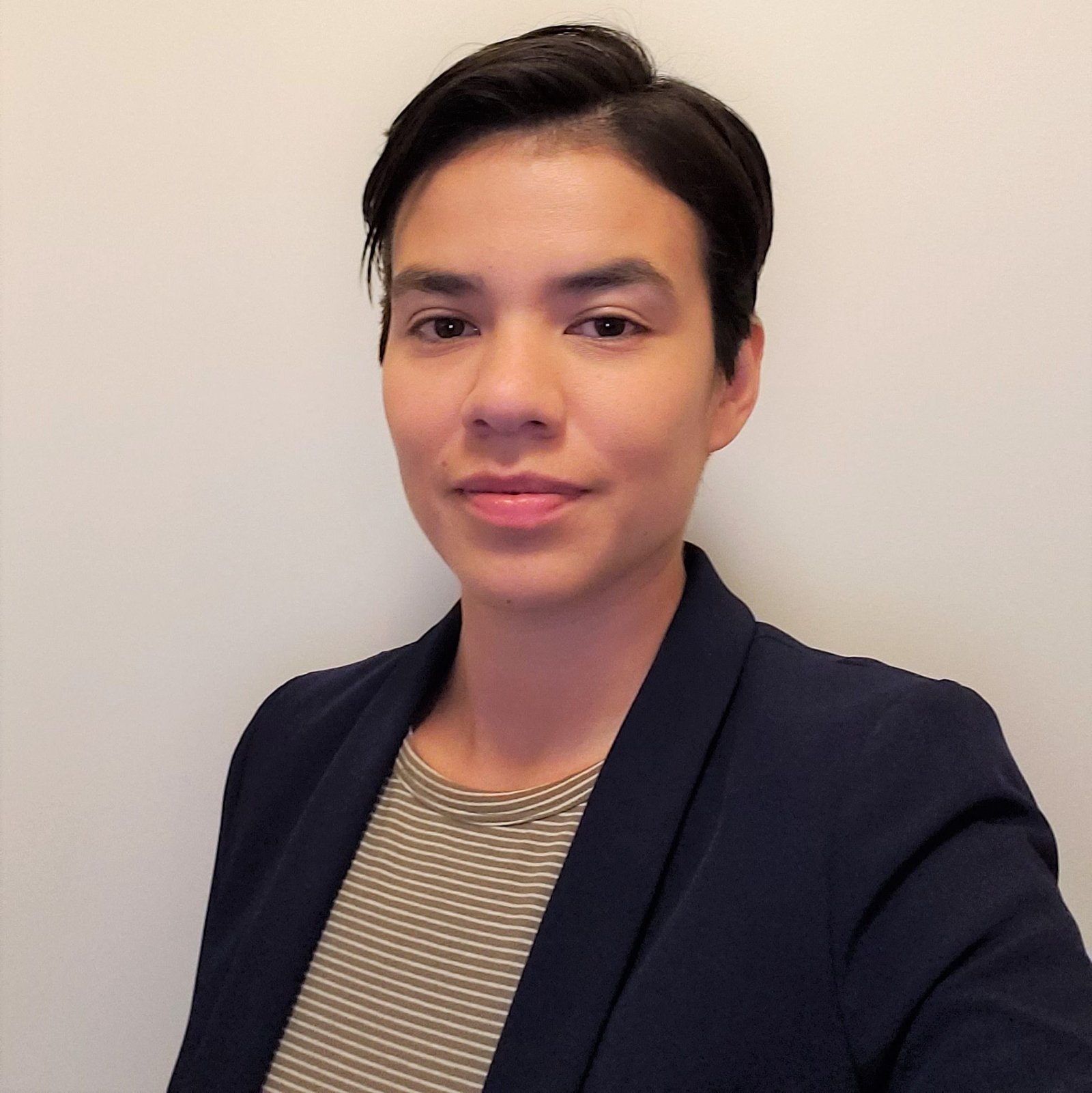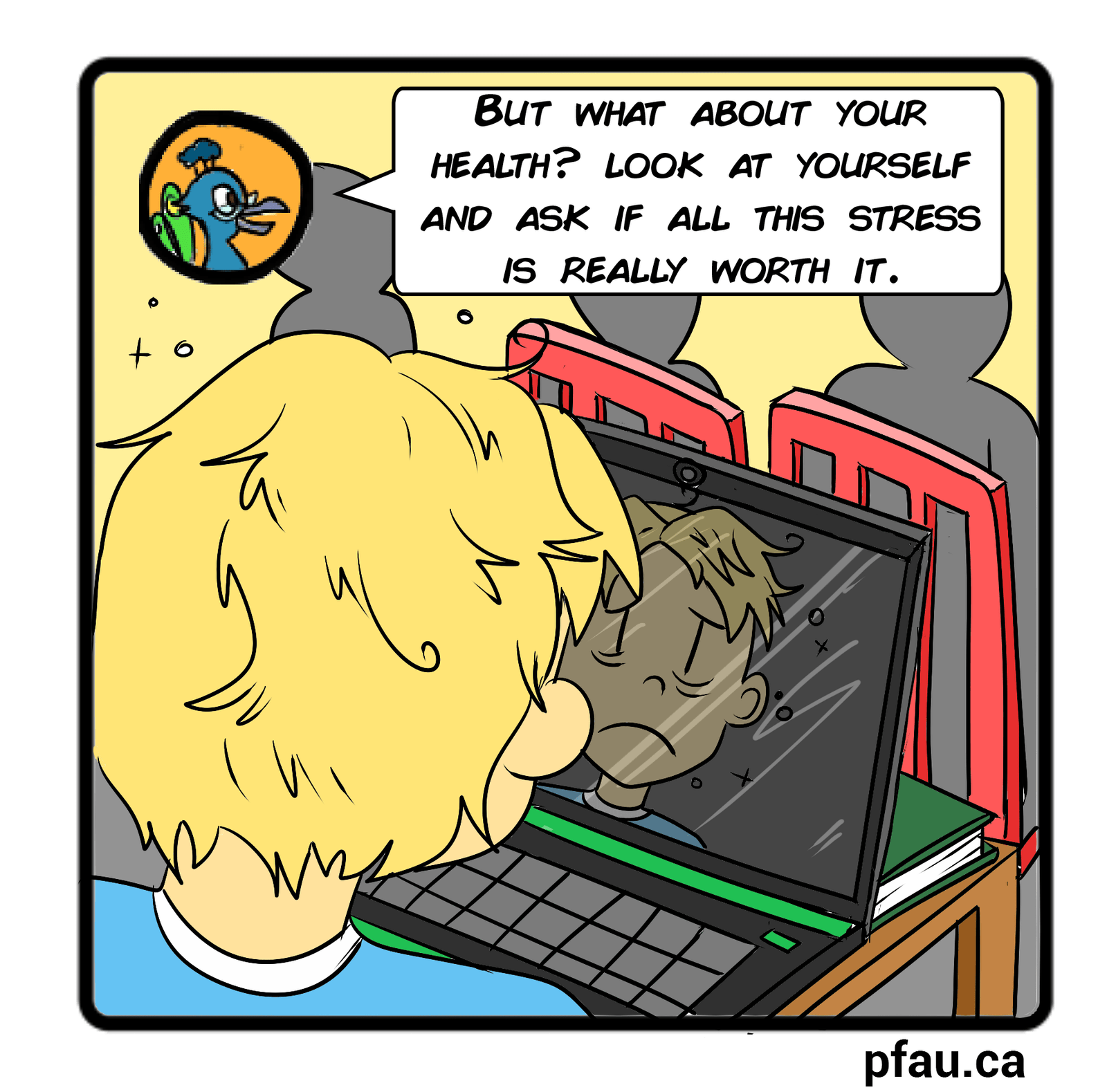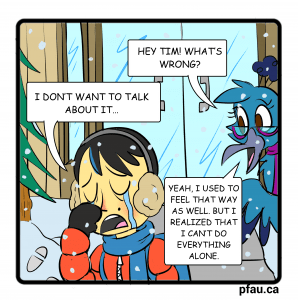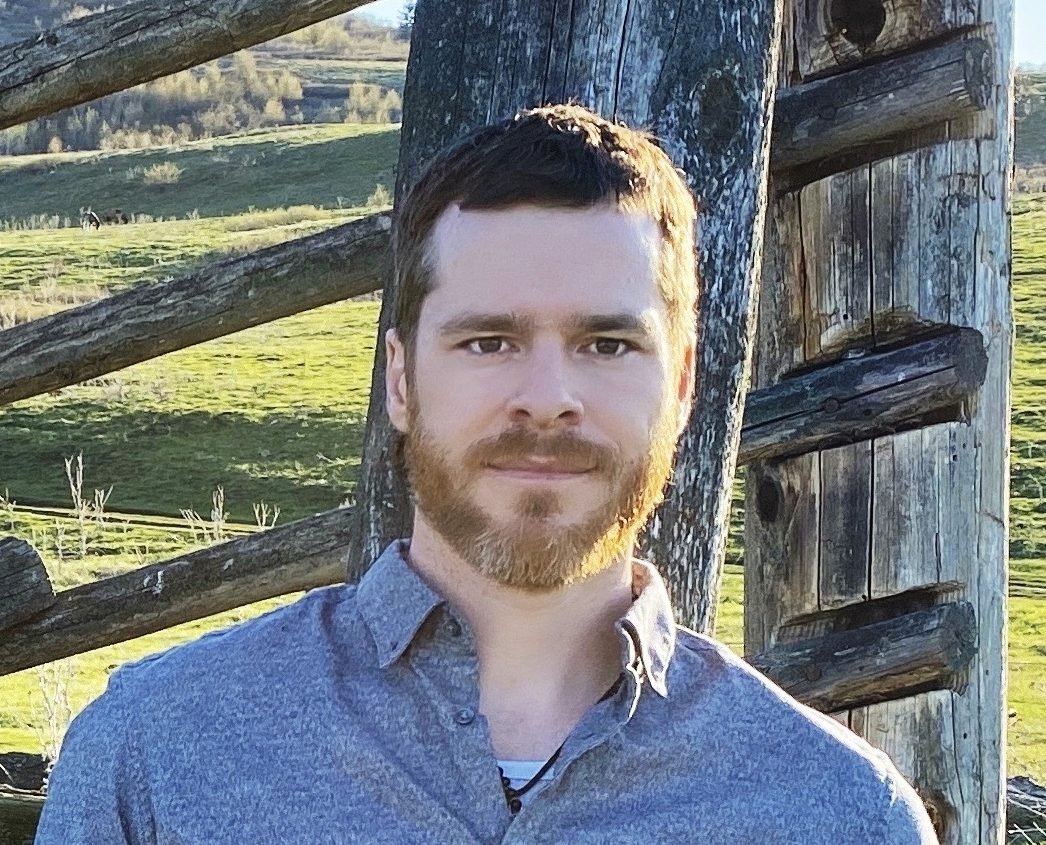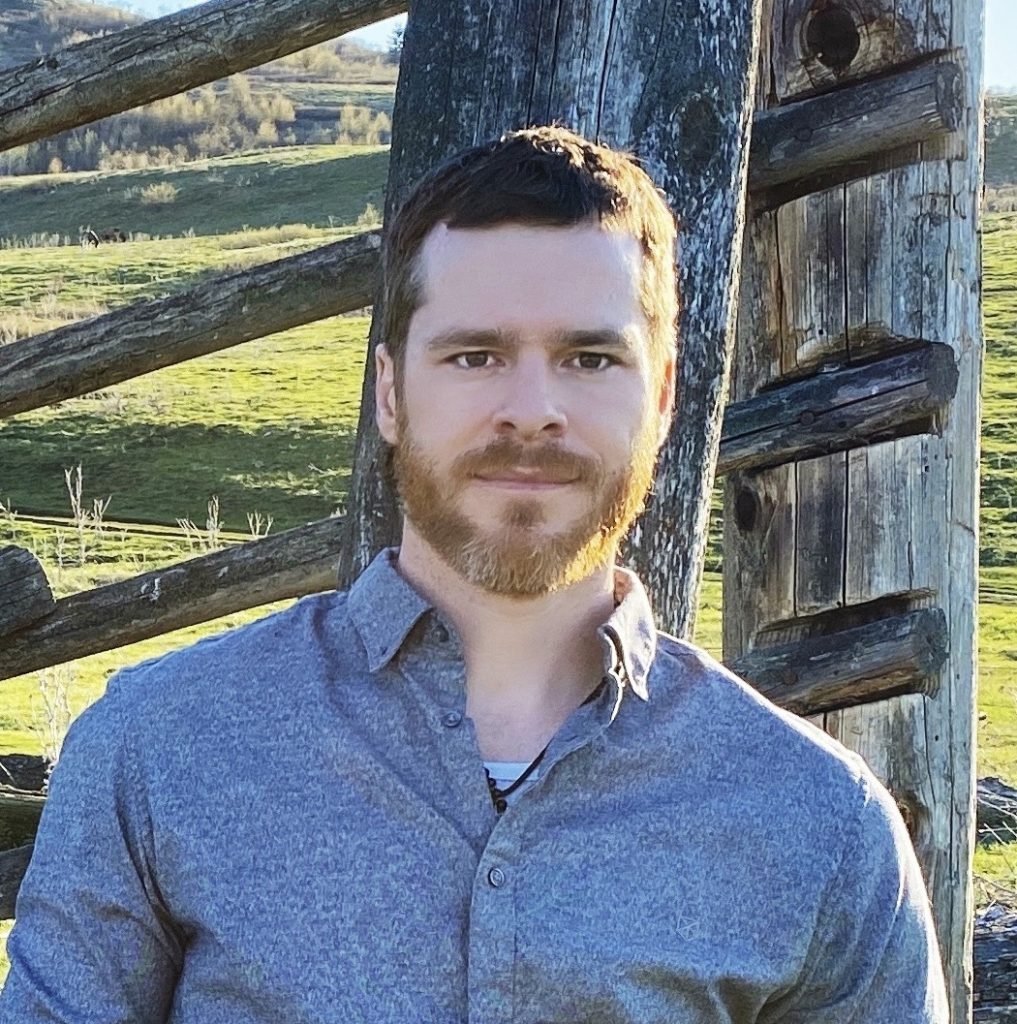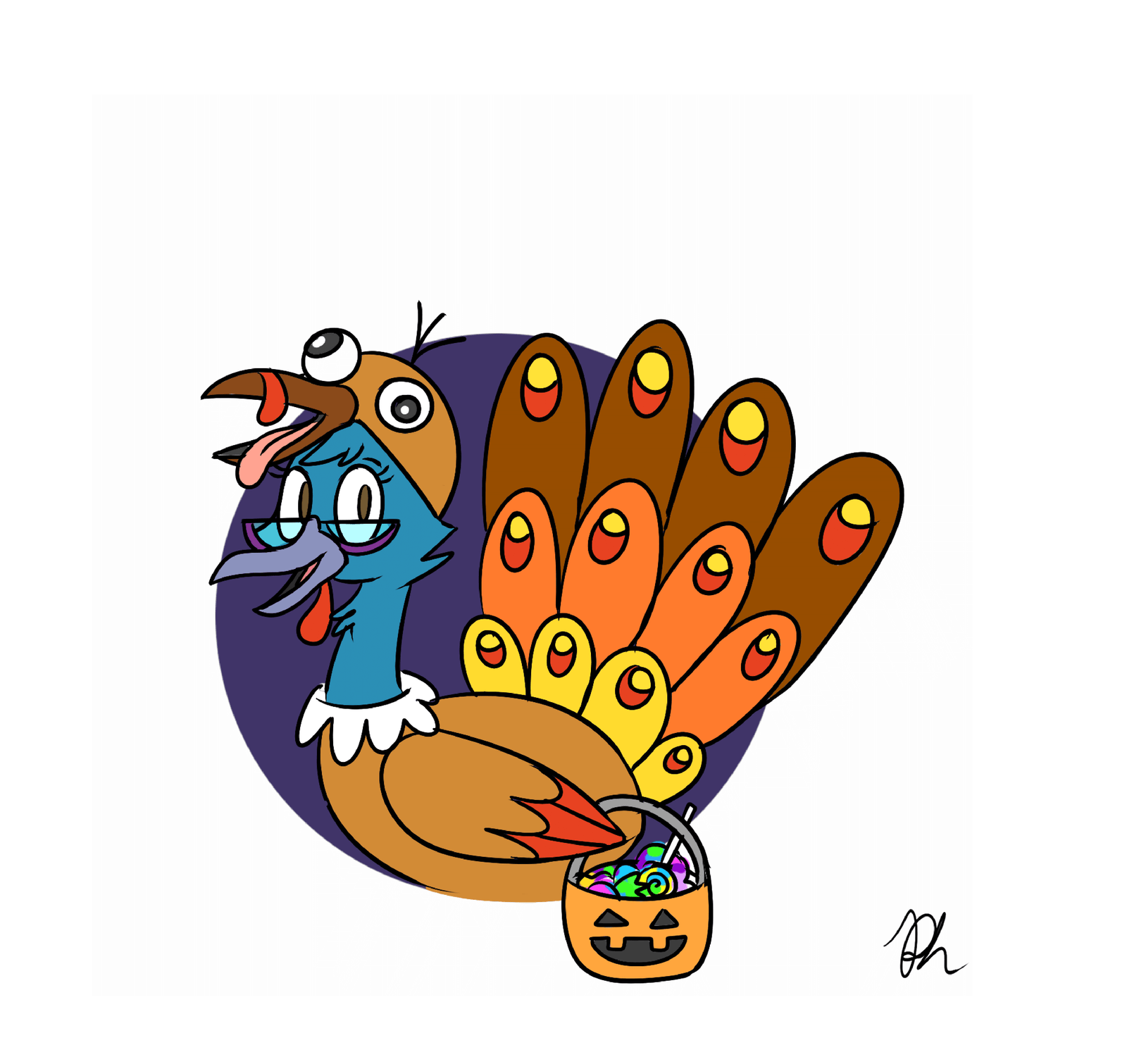Thank you for joining us for the Breath In, Write Out podcast this week. Since many students are currently experiencing a stressful period of the semester because of the due dates and finals coming up, we thought this was the perfect time to re-run our interview with Holly Smith on Customizing Mental Health Support for Students. We hope that this podcast helps you to understand that it is normal to feel stressed out sometimes and provide you with strategies to take care of your mental health while studying.
We interviewed Holly Smith, an experienced clinical occupational therapist in the field of mental health and substance use, about some of the mental health challenges that students encounter, and strategies to create a healthier study environment. Despite campaigns put forward by governments and corporations in the last decade that encourage a more open discussion about mental health, there are still a number of stigmas and taboos that surround mental health concerns, particularly mental health struggles that are connected to addiction.

_
Holly Smith is a Kanien’ke:haka (Mohawk) of the Haudenosaunee people from the Six Nations of the Grand River Territory, and she currently works as a clinical manager at the Centre for Addiction and Mental Health (CAMH). She also recently established Indigenous Wellness Services, mental health therapy, and consulting business which offers a decolonized approach to mental health treatment.
What kinds of struggles do you often hear that students face compared to those in other stages of life?
_
Typically, the majority of students are under the age of 25, and it is a really interesting time in life because people are still finding out about their identity. Students’ brains are still developing, and being in school is a high-stress period of time. There are a lot of social pressures and expectations, either from the family or themselves. It is a highly competitive environment. There is also a lot of social pressure, especially with the advent of social media. In addition, the upheaval of COVID-19 has been having a negative impact on society as a whole and creating additional pressures for students to try to manage the workload, finances, home life, and personal life at the same time. For international students away from family, there is also the impact of social isolation. The disruption of normal routines and activities caused by the restrictions placed upon students due to COVID-19 can have a lot of impacts on people’s mental wellness and mental health.
_
What do you think prevents or delays students from reaching out for mental health support before their situation escalates?
_
I think there is a lot of stigma around the topic of mental health and mental wellness in general. There is a lot of fear and anxiety around even asking for help or saying: “I’m struggling in a certain area”, or “I’m having a rough time.” Sometimes it’s difficult to go for help without the fear of being judged or not being taken seriously or not being understood. For me personally, these fears had prevented me from reaching out for help. Thus, I was trying to manage and cope with those pressures and those expectations in a way that was not always the healthiest. When those kinds of pressures start to mount and increase, it will eventually get to a point where things get really overwhelming, and different areas of your life come in can become impacted by that. However, a lot of suffering could be avoided by understanding these feelings are just normal human emotions, and reaching out for help to navigate those feelings in a healthy way.
_
What gaps do you currently see in the ability of the current mental health services on-campus and off-campus to provide adequate support to Indigenous students, and perhaps other students who have felt unsafe or unheard?
_
I think the gap within the mental health care system, in general, is that it is a bit of a “one size fits all” approach. Even the mental health services that are offered on campuses, for example, are not going to meet the needs of everyone. They are not going to be relevant to everyone’s needs; and as a result, people are not going to connect with them in the way that they were intended to. Personally, when I was trying to connect with mental health supports in school, I was not happy with what was available at that time, so I didn’t access as many resources as I probably could’ve. I know that accessibility has improved, but there is still room for improvement in terms of understanding and personalizing services more to meet specific student needs. In addition, the traditional model of meeting with a therapist one-on-one doesn’t work for everything either. There needs to be more variety in how mental health services are delivered.
What would you suggest be done to start filling these gaps?
I also think more informal mental health supports should be provided, such as peer support groups and culturally sensitive programming. I think campuses should provide safe spaces for black, indigenous, and other racialized folks to be able to have access to peer support workers, elders, or traditional psychotherapists. Students should be able to talk to somebody who represents them and their community. And that’s something that I feel is missing in the health care system as a whole, particularly on college university campuses.
_
Holly’s Book Recommendations and Resources
_
Books:
The Body Keeps Score: Brain, Mind, and Body in the Healing of Trauma by Bessel van der Kolk M.D.
Complex PTSD: From Surviving to Thriving: A GUIDE AND MAP FOR RECOVERING FROM CHILDHOOD TRAUMA by Pete Walker
Youtube Channels:
Crappy Childhood Fairy by Anna Runkle
Lisa’s Book Recommendations and Resources
The Places that Scare You: A Guide to Fearlessness in Difficult Times by Pema Chodron
_
Thank you, Holly, for sharing the excellent advice with us and our readers!
_
Missed the podcast? Listen here:
_
_
For more advice about writing, check out our weekly podcast or subscribe to our monthly newsletter.
_
To get more help with your assignments, book a 20 minute discovery session with us and start your journey to reaching your full potential on the page, and in life.
Both the written, visual, audio, and audiovisual content of this post has been created by and is the intellectual property of Lisa Pfau and PFAU Academic Writing. Please do not replicate any of the above content without our consent. However, please do feel free to share this post and its authorship widely.

